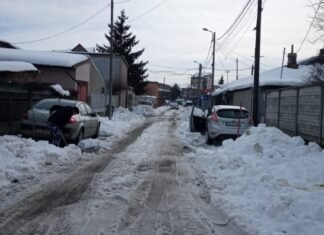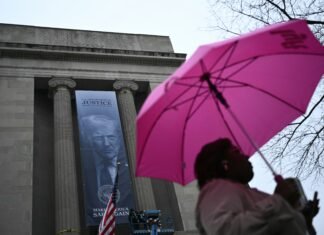Protecting the children of a sitting president is always a delicate matter, and when it comes to Joe Biden and his family, this has become a topic of significant discussion. Under the watch of the Secret Service, Biden’s two children were afforded protection by a team of 31 agents. However, this arrangement was unexpectedly revoked by Donald Trump during his presidency, raising concerns about the safety implications for the Biden children.
The United States Secret Service provides protection to the immediate family of the president, which traditionally includes the president’s children. The level of protection can vary based on numerous factors, including the age of the children and any perceived threats. In this case, Biden’s young children were under the care of a substantial team, which was not only an indication of the concern for their safety but also a reflection of the current political climate.
When former President Trump made the decision to revoke this level of security, it sparked various reactions across the political spectrum. Supporters of the former president argued that the level of protection was excessive, especially given that the children were not frequently in the public eye. Conversely, critics raised alarms about the potential risks involved in withdrawing such security measures, pointing out that public figures and their families can often be targets of hostility for various reasons.
The situation also sheds light on the broader issues surrounding the safety and security of political families in the United States. While presidents and their children can face unique challenges due to their visibility and the potential for threats, the debate over protection levels also brings to light questions about fairness, equity, and political motivations behind security arrangements. It reflects a growing concern for the personal safety of political figures and their families, especially in a time where political polarization can lead to heated confrontations and, in some unfortunate cases, violence directed towards those in the public eye.
Additionally, this incident illustrates how quickly circumstances can change in the realm of political security. Just as the administration of protective details can change based on the current political leadership or the whims of the president, it demonstrates how the safety of certain individuals can be influenced by the prevailing political atmosphere.
As Joe Biden’s presidency continues, the implications of Trump’s decision linger in the collective memory of the media and the public. The dialogue continues around the safety protocols in place for political families, and there is likely to be ongoing scrutiny on how future administrations handle such sensitive matters.
In conclusion, the revocation of Secret Service protection for Biden’s children by Donald Trump raises critical questions regarding the intersection of politics and personal safety. It not only highlights the challenges facing public figures but also emphasizes the responsibility leaders have to ensure the security of their families. As the political landscape continues to evolve, so too will the conversations surrounding the protection of political families, which remain a vital yet often overlooked aspect of the American political system.






